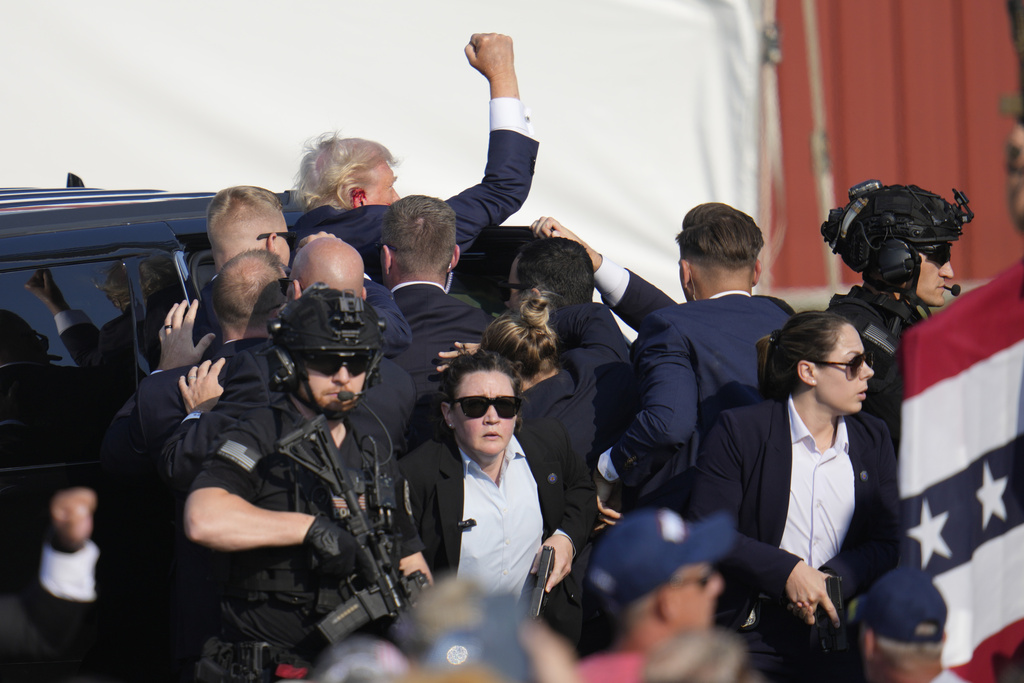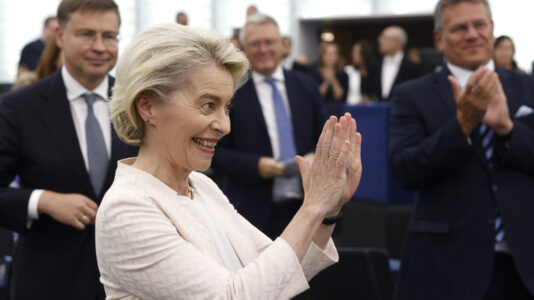Events such as the attempted assassination of Donald Trump in Pennsylvania, divisive national elections in France and EU parliament elections, rigged appointments for the highest EU positions, and the continuous chants for a “cordon sanitaire” to stop a “new wave of fascism” paint a picture of a singular problem causing grave concern for the future of the West.
Currently, the most destructive force — the one devastating the political culture and institutions of Western freedom — is the deepening hatred between conservatives and the right on one hand and liberals and centrists being consumed by leftist extremism on the other. While the former are jointly contesting the existing power and interest arrangements in Europe and America, it is now the latter, who by any means necessary, are striving to maintain their monopoly on power. These two forces are now practically prepared to destroy everything in their paths, with their dispute and level of hatred taking an existential form.
It is now either us or them.
As a historian of ideas, I am fascinated by how, over the last 35 years, it has come to this and what the actual cause of such blind hatred is. I remember a time when, given the bankruptcy of communism and leftist extremes, it was obvious to many that cooperation between conservatism and liberalism, the market and tradition, was the sensible prescription for a strong and growing West in the post-Cold War world.
Thus, there is arguably no more important question today than why the exact opposite has happened. How these two forces turned against each other, tearing the West apart in a state of increasing fury, is a spectacle that undoubtedly brings immense pleasure and benefits to Moscow and Beijing.
This question also pertains to our Polish experience. About 20 years ago, people with vastly different conservative, liberal or social democratic views talked to each other, met, and knew one another. The experience of the end of communism and the Cold War was still a common thread. Today, they are locked in their impenetrable bubbles, shooting at each other as if in a real war.
This division may destroy us and the West, and I do not believe that reason or repentance will win the day. Perhaps only a real external threat can reconcile us. Hopefully, it won’t be too late.






